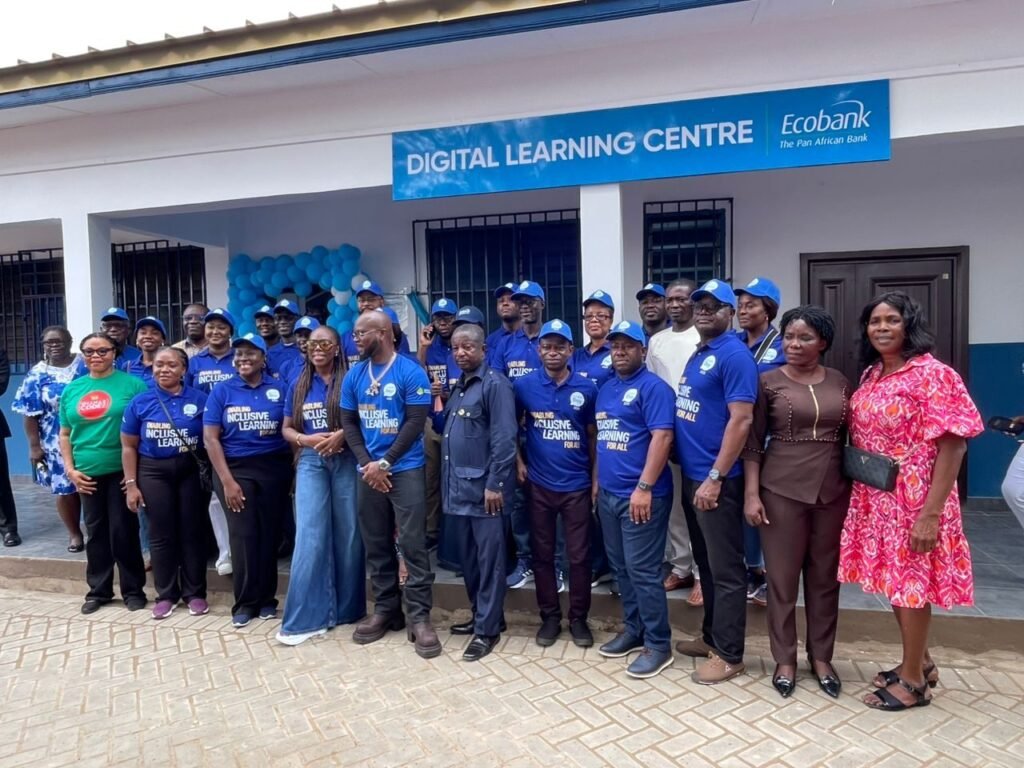The Office of the Special Prosecutor (OSP) has arrested three top former officials of the Ghana Revenue Authority (GRA) in connection with an ongoing investigation into corruption and procurement irregularities involving Strategic Mobilisation Ghana Ltd (SML).
The individuals arrested include Rev. Dr. Ammishaddai Owusu-Amoah, the immediate past Commissioner-General of the GRA; Isaac Crentsil, former Commissioner of Customs and currently the General Manager at SML; and Christian Tetteh Sottie, a former Technical Advisor at the GRA and now the Managing Director/CEO of SML.
The arrests are tied to contracts awarded by the GRA to SML for revenue assurance services in key sectors such as petroleum downstream, upstream, and mining. The contracts had come under scrutiny following concerns about value for money and the alleged lack of competitive bidding processes.
In a press release, the OSP stated that “These arrests are part of efforts to ascertain whether public officials acted inappropriately in approving or benefiting from these contracts, which have major implications on national revenue and procurement integrity.”
The OSP stated that the trio were detained overnight after failing to meet their bail conditions. They are expected to face further questioning in the coming days as investigations intensify.
In a brief statement, the OSP said:
“This phase of the investigation focuses on suspected corruption and corruption-related offences in respect of the contractual arrangements between the GRA and SML. It also seeks to verify SML’s claims regarding its impact on revenue mobilisation.”
SML had previously defended its operations, claiming its monitoring services had significantly improved government revenue and sealed loopholes in revenue collection across the petroleum and mining sectors. However, critics have questioned the basis of these claims and the processes through which the contracts were awarded.
Civil society organisations have welcomed the arrests. “This is a positive step. We’ve long called for accountability in how public contracts are awarded, especially when they involve billions of cedis,” said Kofi Bentil, a governance analyst.



